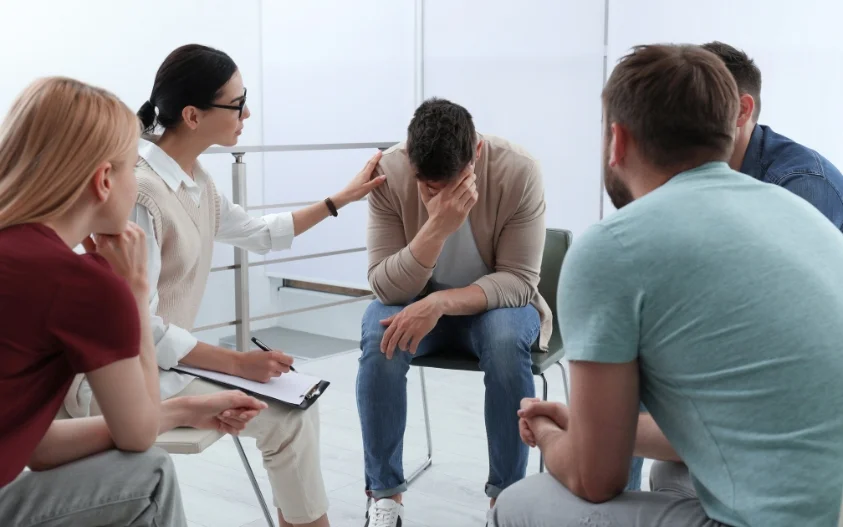24/7 Helpline:
(866) 899-221924/7 Helpline:
(866) 899-2219
Learn more about PTSD Treatment centers in Madison County
PTSD Treatment in Other Counties

Other Insurance Options

Lucent

Access to Recovery (ATR) Voucher

Self-pay options

Highmark

AllWell

Group Health Incorporated

Aetna

WellPoint

Premera

Excellus

ComPsych

Providence

UnitedHealth Group

Multiplan

Magellan

Optima

Ceridian

MHNNet Behavioral Health

Sliding scale payment assistance

Anthem

Tueller Counseling Services
Tueller Counseling Services is a private rehab located in Rexburg, Idaho. Tueller Counseling Service...

South Fork Services
South Fork Services is a private rehab located in Rexburg, Idaho. South Fork Services specializes in...

Ostermiller Counseling
Ostermiller Counseling is a private rehab located in Rexburg, Idaho. Ostermiller Counseling speciali...

Rexburg Counseling
Rexburg Counseling is a private rehab located in Rexburg, Idaho. Rexburg Counseling specializes in t...

Centerpoint Counseling
Centerpoint Counseling offers therapy for a wide variety of behavioral health issues. Centerpoint Co...



















